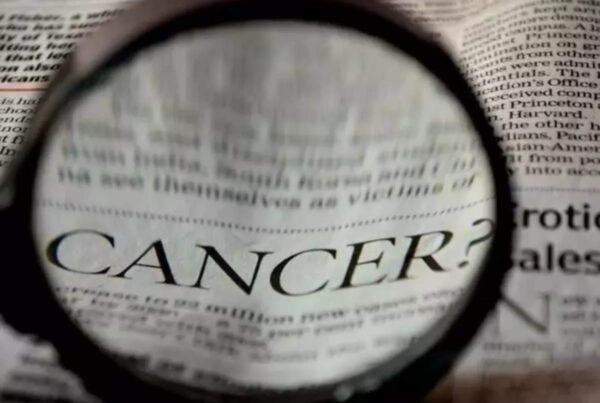A ten-year study at Tata Memorial Hospital (TMH) found that cancer medicines promote chromatin fragmentation, which might make healthy cells malignant and perhaps transmit cancer in new places in patients after treatment.
In response, scientists created a unique medication that combines grape skin extract with copper nanoparticles in order to destroy chromatin fragments and stop them from turning into cancer cells, providing fresh hope for the treatment of cancer.
Led by Prof Indraneel Mittra from the Translational Research Laboratory at the Tata Memorial Centre’s Advanced Centre for Treatment, Research and Education in Cancer, over the span of a decade, the research team explored this complex phenomenon, seeking answers to the potential contribution of conventional cancer treatments — chemotherapy, radiotherapy and surgery — to the metastatic spread of cancer.
A worrying aspect that the study discovered is that dying cancer cells produce chromosomal fragments that include genes that might cause cancer in healthy cells. These pieces demonstrate an amazing capacity to travel through the circulation, penetrating healthy cells in different organs and possibly initiating the spread of cancer to far-off locations inside the body.
According to the study, cfChPs moved from human breast cancer cells that were dying to the brain. The brains of mice given chemicals to deactivate or eliminate cfChPs showed very little evidence of cancer proteins or human cfChPs. This clearly implies that cfChPs, which may carry genes that cause cancer, may travel through the blood and infiltrate healthy cells in other organs, so promoting the metastatic spread of disease. Importantly, applying cfChP-deactivating or destroying agents seems to stop them from invading healthy cells, providing a possible tactic to stop the progression of metastatic disease.
This study identified a possible danger connected to present cancer treatment procedures, even if breakthroughs in cancer treatment have resulted in the cure of many patients. Although they successfully target the main cancer cells, chemotherapy and radiation treatment unintentionally cause the dying cells to releasecfChPs. Through the circulation, these particles have the ability to enter healthy cells in other parts of the body and may cause cancer there as well.




